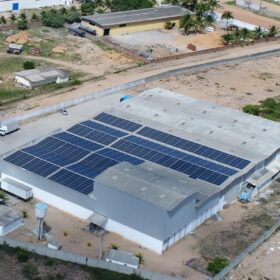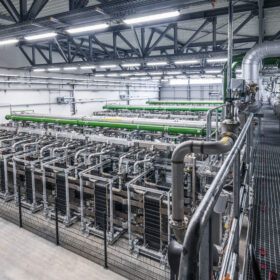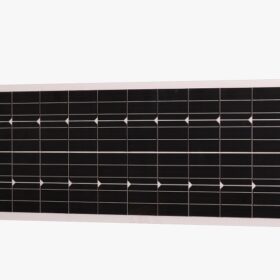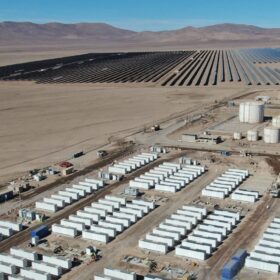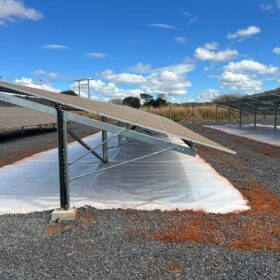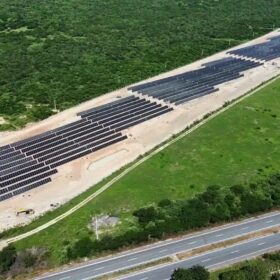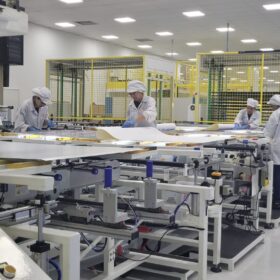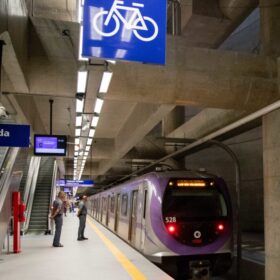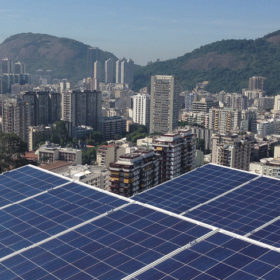Brazil’s PV capacity hits 55 GW
Brazil has installed 37.4 GW of distributed solar and 17.6 GW of large-scale PV capacity to date.
The Hydrogen Stream: BASF starts Germany’s largest PEM electrolyzer
BASF has commissioned a 54 MW PEM electrolyzer at a site in Germany, while Sungrow Hydrogen has secured a major order for alkaline hydrogen production equipment from China Coal Ordos Energy.
Eternit’s brazilian subsidiary abandons PV manufacturing
The Brazilian subsidiary of the Belgian company reports that the board of directors deliberated and approved the “discontinuation of the photovoltaic product line,” a decision prompted by Chinese competition. It launched its last module on the market in September 2024.
Distributed generation surpasses 37 GW in Brazil amid concerns over curtailment
This type of generation could become the country’s second largest source of generation by 2029, according to the National Electric System Operator (ONS). Distributors should take a more active role in managing DG systems, which have been associated with centralized generation curtailment events, according to the ONS.
Brazil installed 269 MWh of energy storage in 2024
Consultancy Greener has estimated the state of Pará offers the most potential for battery rollout because of its high energy tariff. A report issued by the consultant also highlighted the big savings agribusiness could make by using batteries instead of diesel.
Brazilian plastics manufacturer offers reflective membrane for bifacial PV plants
Azul Pack has developed a new reflective membrane to increase albedo and energy yield in photovoltaic plants with bifacial modules. In a fixed structure plant located in Minas Gerais, the technology reportedly resulted in a 7% increase in energy at the inverter output.
Problems with Brazil’s planned battery auction
A crippling tax burden; an inability to bank energy arbitrage income; and uncertainty about grid fees, network ancillary payments, and solar-plus-storage eligibility could all affect a procurement exercise planned for June.
Brazil approves six labs for solar module testing
Brazil’s national accreditation body, Inmetro, has authorized six labs across the country to test solar modules.
São Paulo Metro to use self-produced wind and solar energy
The long-term contract with CGN Brasil and Pontoon Energia will supply city trains with renewable energy generated at the Lagoa do Barro Complex in Piauí. The forecast is for annual savings of BRL 12 million ($2 million).
PV capacity reaches 52 GW in Brazil
According to the Brazilian Association of Photovoltaic Solar Energy (ABSolar), the PV sector has generated more than 1.5 million green jobs in the country since 2012. The recent increase in import taxes, however, is hampering that growth, the association warns.
